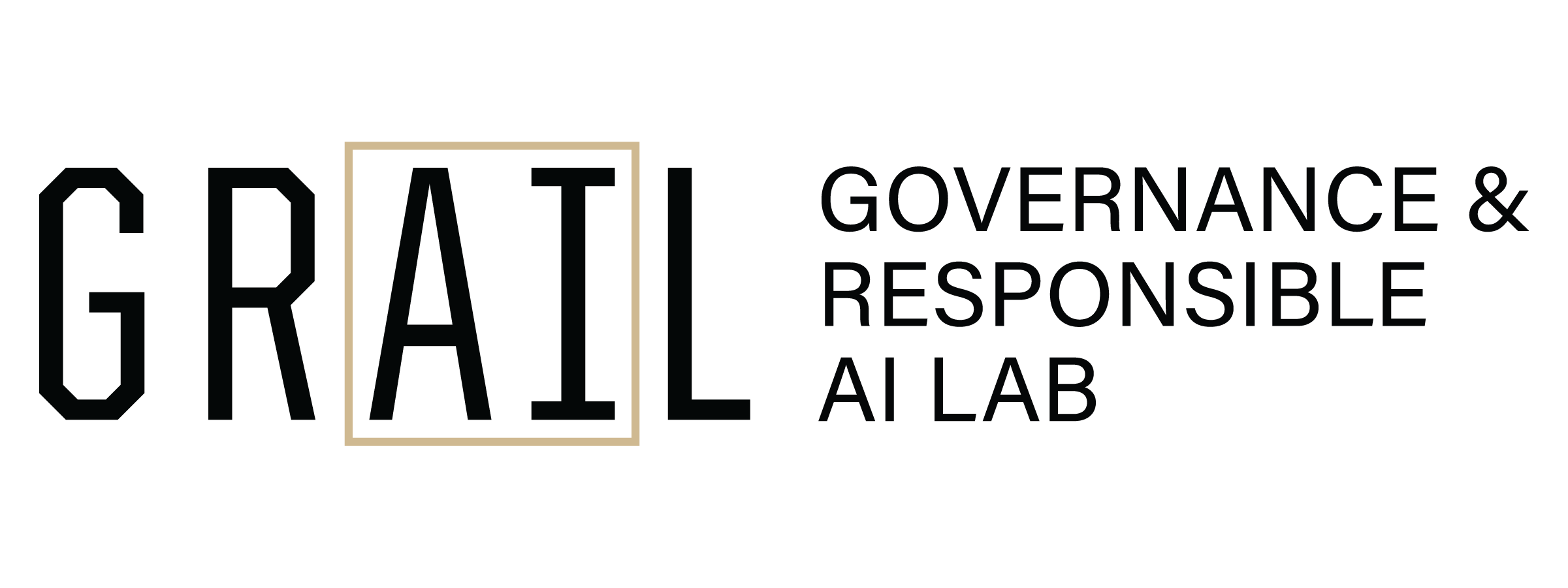
Discourse Before Doctrine: The Category Error at the Heart of AI Ethics Education
This chapter challenges the dominant conceptions of AI ethics education and encourages scholars, practitioners, and policymakers to consider the true versus intended outcomes of students at the heart of the sociological change expected by the AI ethics field.
Executive Summary
Centering students in Artificial Intelligence (AI) ethics education is necessary to achieve commonly stated societal desires for responsible, safe, and trustworthy AI. The problem is that AI ethics material is not enough for an educational program to train ethical behavior in future professionals working with AI systems. Education needs to forego the traditional models of depositing knowledge and skills into students and instead account for the real cognitive-behavioral dispositions of students’ lives. We argue that discourse offers a practical method and observable measure for instruction that effectively impacts precursors for behavioral change. Drawing on evidence in cognitive-behavioral psychology, discourse improves the efficacy of decision-making, is normatively tractable, promotes student confidence, and directly qualifies students for AI ethics work. By reframing AI ethics education around discursive practice, we encourage scholars, practitioners, and policymakers to consider the students at the heart of the sociological change expected by the AI ethics field.
